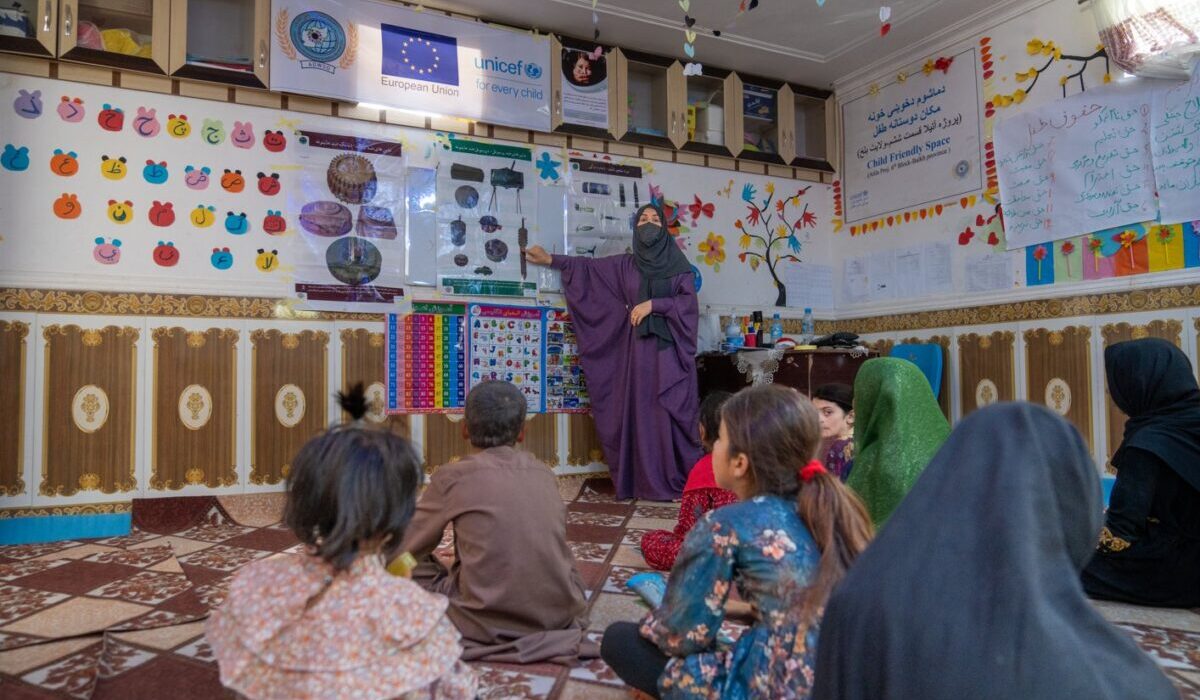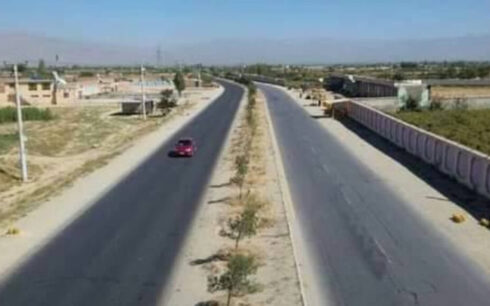The United Nations Children’s Fund (UNICEF) reported that more than 500 children in Afghanistan were killed or severely injured in 2024 by unexploded ordnance or explosive remnants of war (ERWs), underscoring the deadly legacy of decades of conflict.
In a statement shared on X, UNICEF highlighted the continued threat posed by these remnants of war. The children affected were victims of accidental explosions or contact with explosives left behind from previous conflicts, UNICEF said.
To mitigate these risks, UNICEF said it had educated at least three million children and caregivers last year on the dangers of explosive ordnance. The program included training on how to identify, avoid, and report hazardous materials, forming part of the agency’s broader efforts to safeguard vulnerable populations.
A persistent threat
Explosive remnants of war remain one of the most significant dangers to children in Afghanistan, often claiming lives or causing lifelong disabilities.
According to a report by the United Nations Office for the Coordination of Humanitarian Affairs (OCHA), ERWs kill or injure an estimated 110 people in Afghanistan every month. Alarmingly, children represented 89 percent of these casualties in 2023.
Since 1989, over 45,000 individuals in Afghanistan have been killed or injured by landmines, unexploded ordnance, and other remnants of war, OCHA reported, illustrating the enduring impact of these hidden dangers.
Despite efforts to address the crisis, mine clearance and ERW disposal operations in Afghanistan are hampered by significant funding shortfalls. The United Nations Mine Action Service (UNMAS) has warned that insufficient resources could jeopardize the safety of 3.4 million people, particularly children, in 2024.
UNICEF and other humanitarian organizations have called for sustained investment in mine clearance programs and public education initiatives. These efforts, they argue, are critical to reducing casualties and ensuring communities can live free from the fear of explosive remnants of war.





